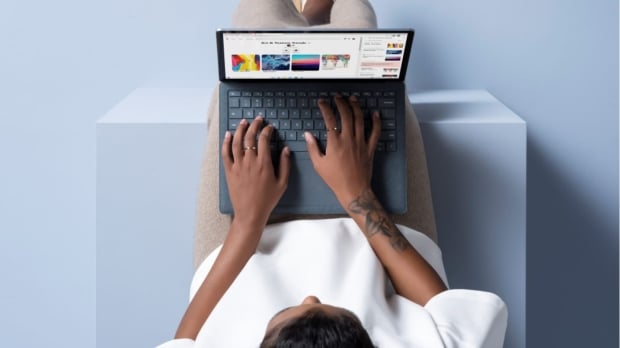Microsoft has introduced a new ability for Bing AI in its Edge browser, giving the chatbot the power to rewrite text for the user.
Note that right now, this is still in early testing, as flagged up by leaker Leopeva64 on Twitter (as Windows Central spotted).
Indeed the functionality is in the Canary channel for Edge, and appears to be a controlled rollout, meaning that only a small subset of testers have actually got the feature right now.
What it allows you to do is select a piece of text, and the Bing AI will rewrite it there and then. If you're not fully happy with the rewording provided, then different parameters can be easily applied to change the rewrite further.
In the above tweet, Leopeva64 demonstrates the various options which are currently available, and they include the ability to change the tone of the text (professional, or casual, or enthusiastic), or its length, and format (rewriting a chunk of copy as a blog post, for example).
Of course, those abilities may change down the line, as the feature progresses through testing - if it ever makes the cut for the final release version of Edge.
Still, it's a pretty nifty piece of functionality, and one we'd imagine will stay the course in Edge.
Microsoft is currently on a big drive to constantly add features to the Bing chatbot, and pushing the Edge browser harder has always been on the agenda since the software giant brought in the Chromium-based version.
While Bing AI is undoubtedly making large strides forward on a weekly basis, what worries us is the very real possibility of Microsoft introducing adverts to the chatbot. The software giant recently clarified that Bing AI will remain free to consumers, but as for ads, well, that's already been an idea floated by Microsoft - and it's likely not a question of if, but when, for embedded adverts.
We think this could be a big mistake, though. After starting some way behind Microsoft's Bing chatbot, Google is now making faster progress with its rival Bard, and throwing a lot of resources behind the AI. Bringing adverts into the mix might cause more defection to Bard, or that's certainly the danger with that move - particularly as people are already getting more and more fed up with Microsoft's efforts to put more ads in Windows 11.
The latest move to introduce 'badging' to the Start menu in Windows 11 - basically thinly veiled ads for Microsoft's services - has not gone down well, as you might imagine.


